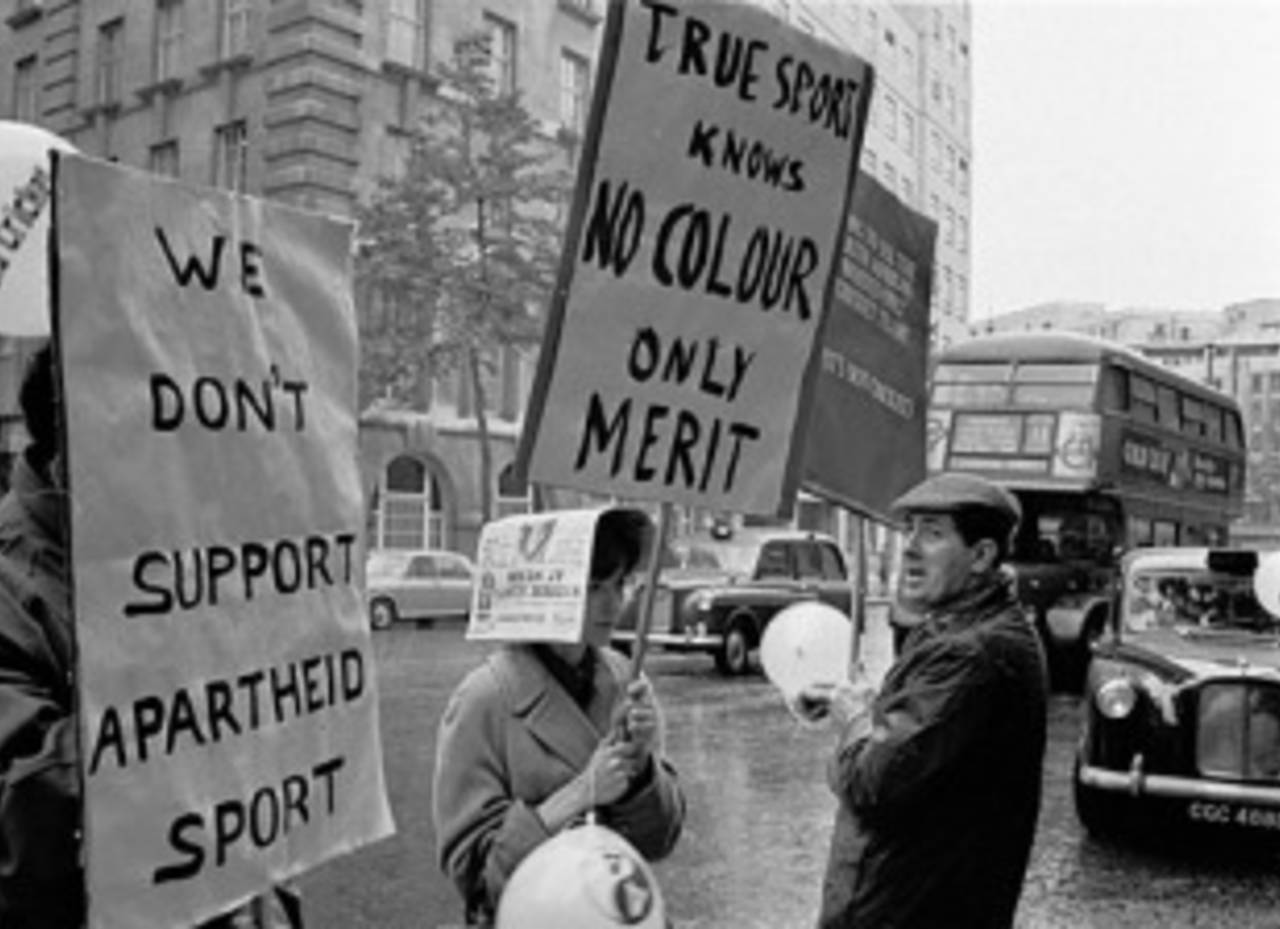For 22 years late last century, South Africa did not play Test cricket. From the time South Africa whitewashed Australia 4-0 in 1970 to November 1991, when the "new South Africa" played India, the country was isolated internationally.
In the 81 years before 1970, only white cricketers were allowed to represent South Africa, and the team's 172 Tests and 42 series were all against the white countries of the British empire. Then MCC and Australia were forced to call off scheduled tours, unable to ignore prevailing international opinion in a recently decolonised world.
The impacts of isolation were wide-ranging. At the most visible level, a great team, including the likes of Barry Richards, Mike Procter, Eddie Barlow and the peerless Graeme Pollock, was chopped down in its prime. Far more importantly, though, the white cricket establishment had to start addressing the historical discrimination against black cricketers who had been excluded for so long.
However, the focus of the privileged remained readmission for themselves rather than fundamental redress. Instead of the decisive movement forward, they timidly followed the government line.
Unable to co-opt the majority of black cricketers or to persuade the ICC to lift the Test ban, the cricket establishment took the route of rebel tours in the 1980s. With the support of PW Botha, millions of rand of taxpayers' money were spent on luring top players in England, Sri Lanka, West Indies and Australia away from official Test cricket.
But this was not the answer either. Apartheid itself had to go. Finally, in 1990, negotiations started, on and off the field, leading to political democracy and unity in cricket. At the personal request of Nelson Mandela, South Africa was admitted to the ICC and Test cricket in 1991.
